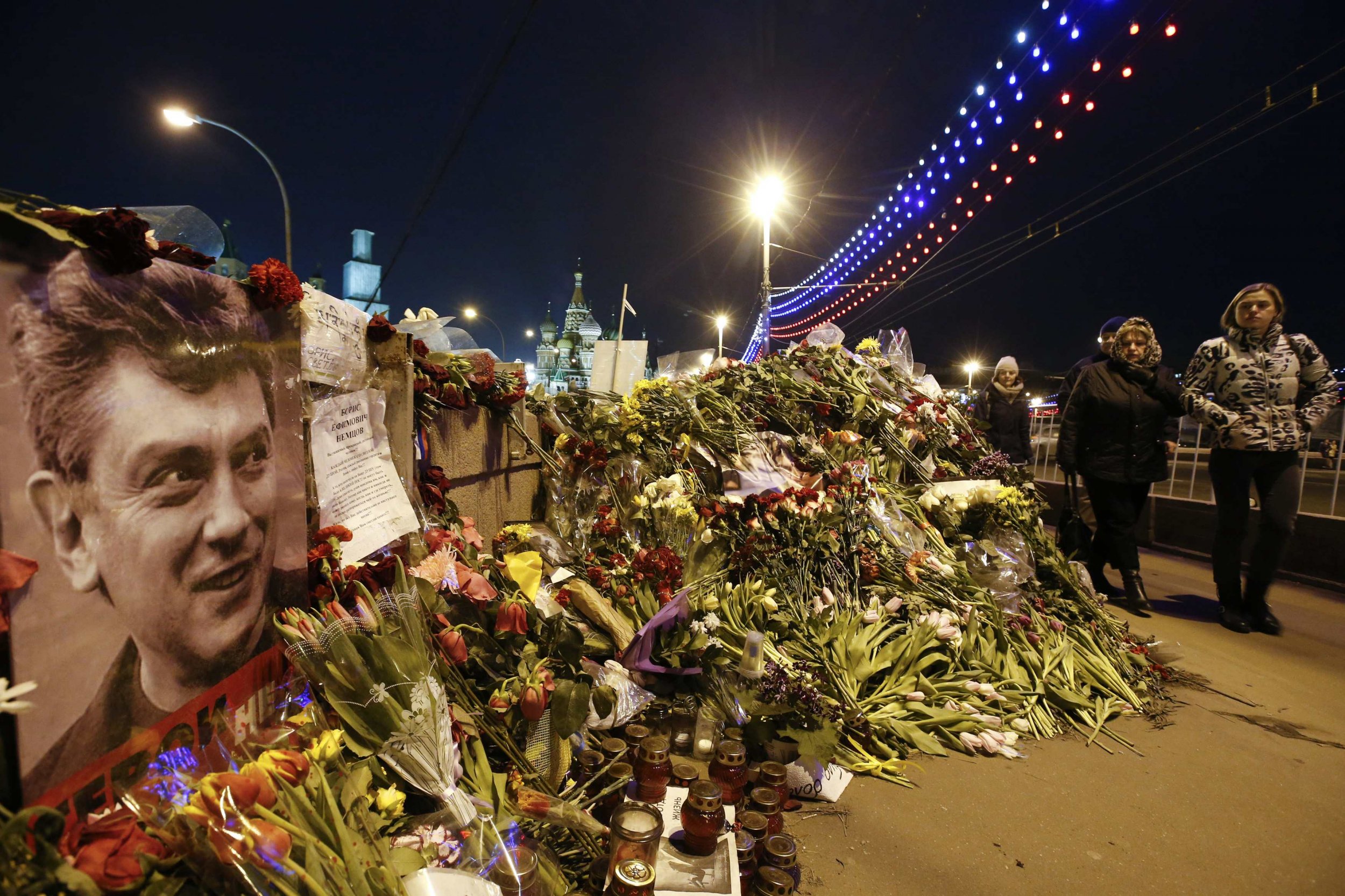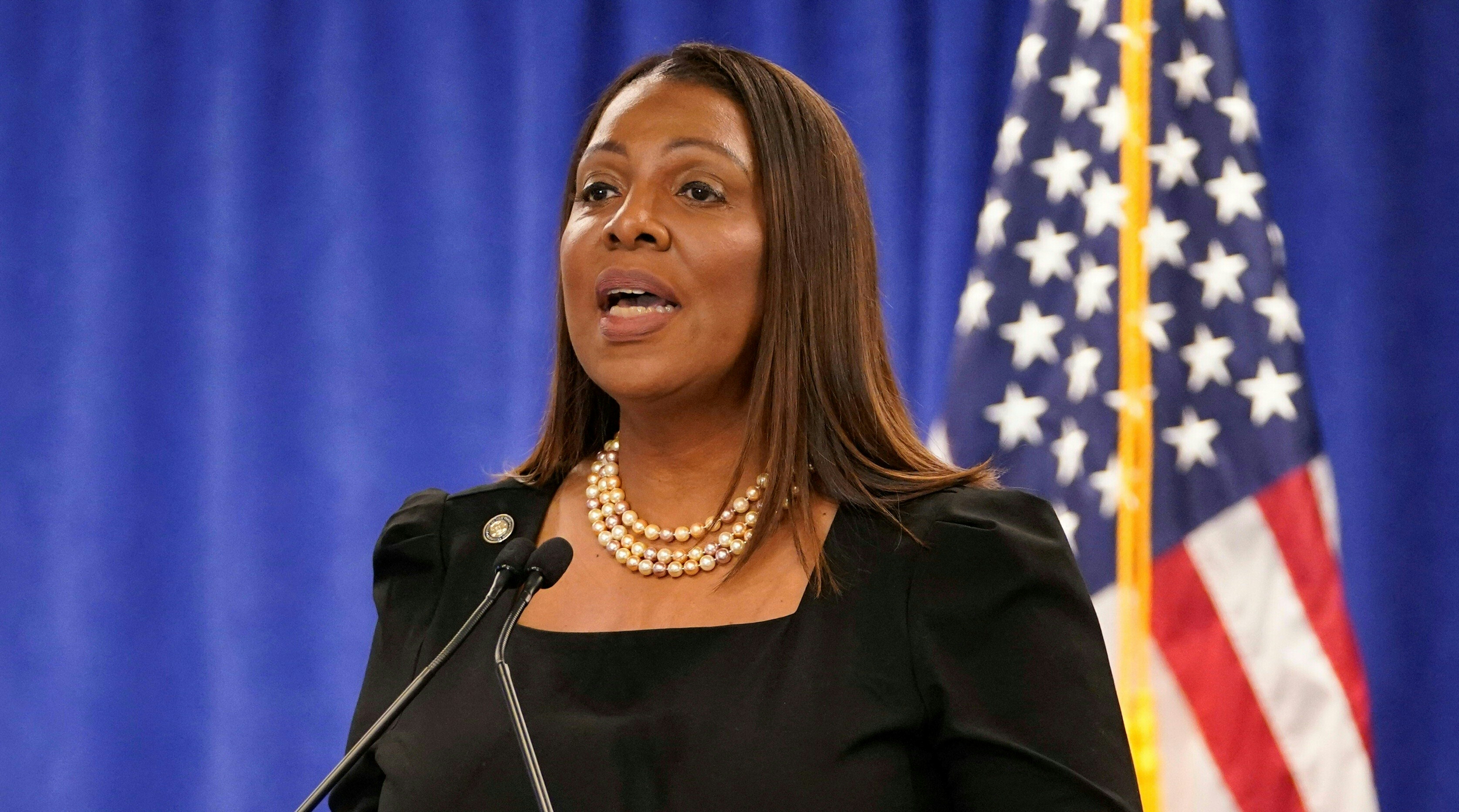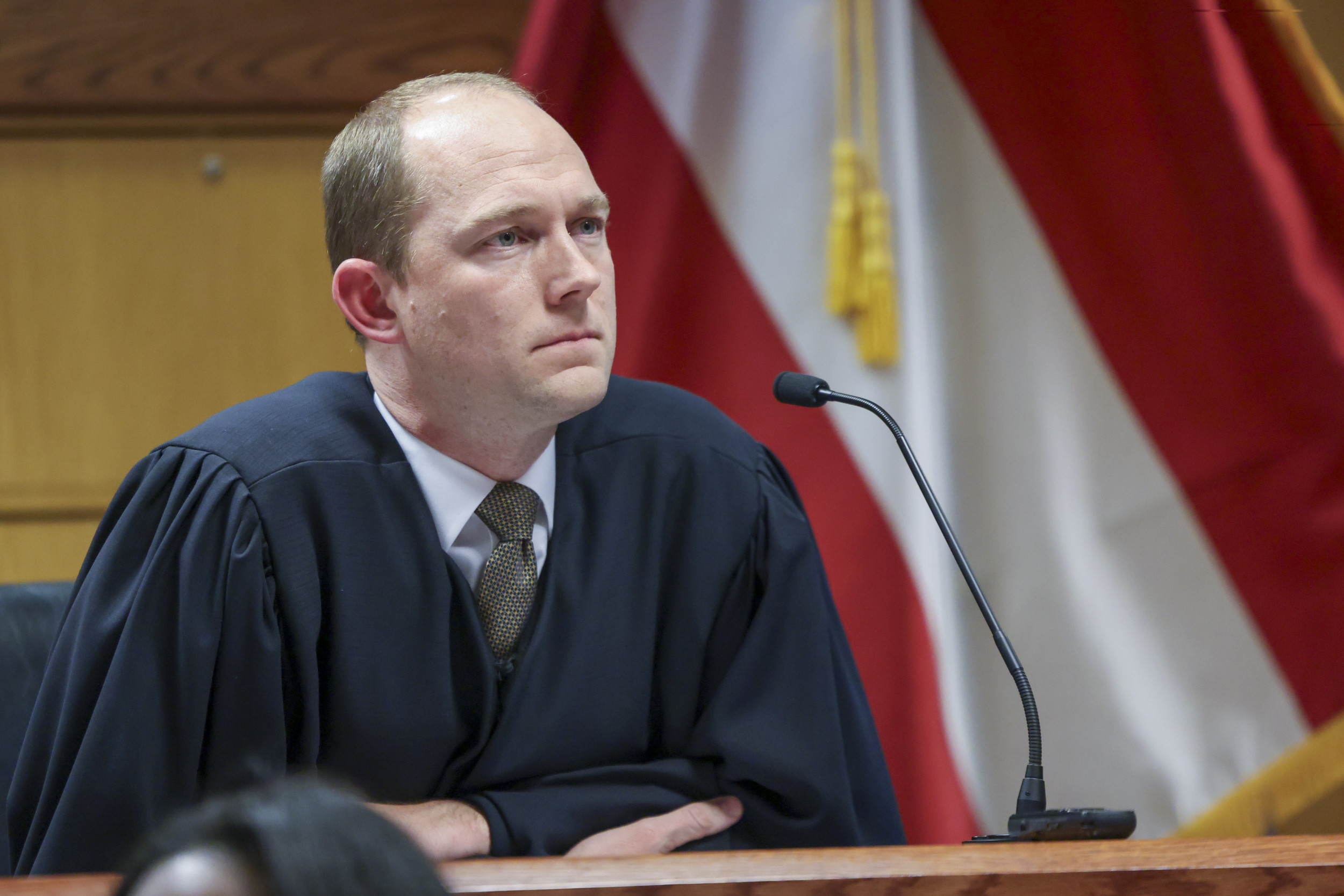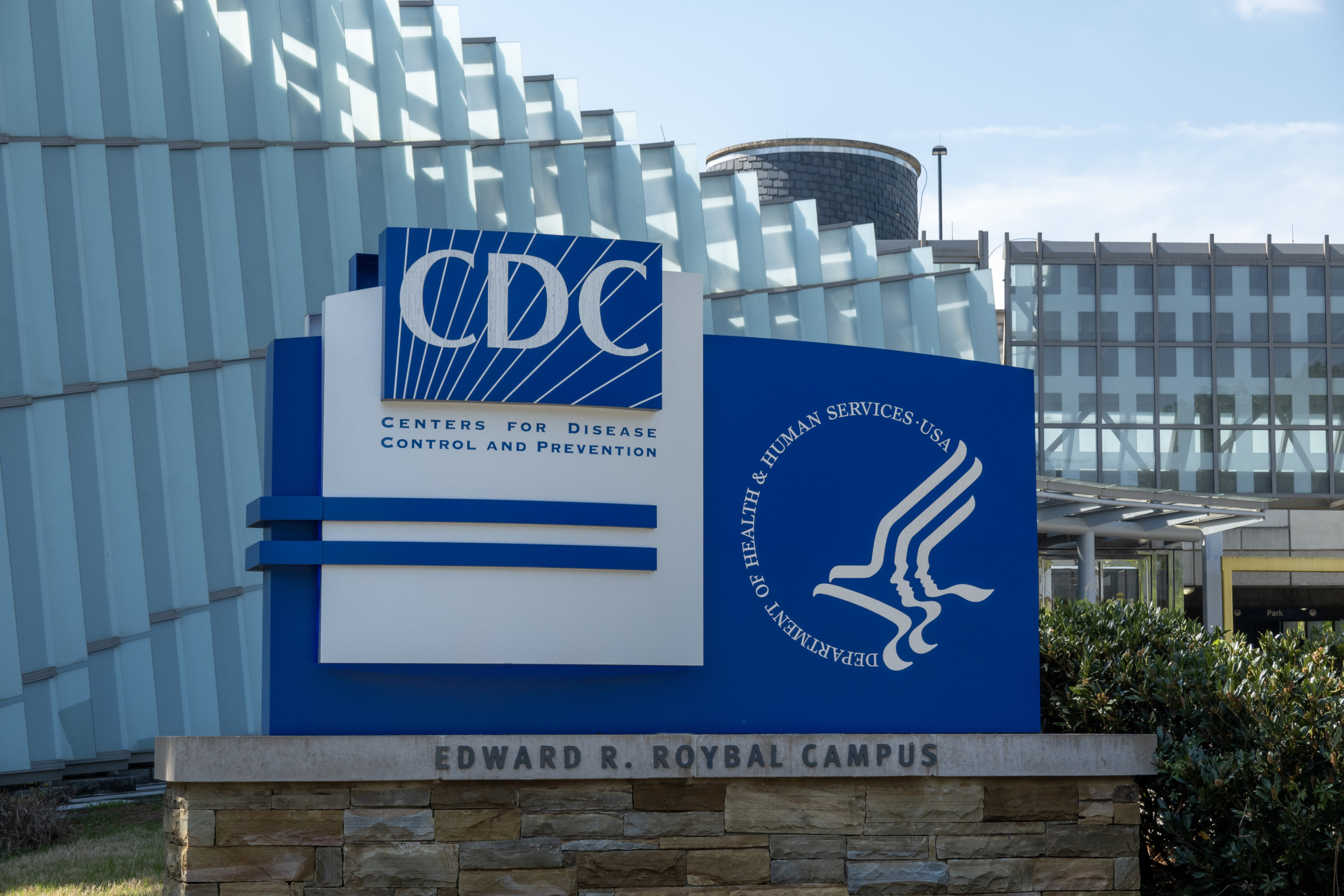
When Vladimir Putin, Russia's president, said that the assassination of Boris Nemtsov on February 27 was a "provocation," it was natural to think he was implying that Putin's own enemies were responsible. Such a proposition would fit with the Kremlin line that its critics aim to fracture society and overthrow Russia's elected rulers.
And the provocation formula might handily be extended to other enemies of the regime, at home and abroad. Sceptics, including many in the West, are understandably inclined to see a smokescreen, and to consider Putin directly or indirectly responsible for Nemtsov's death.
Either way, the killing may further lock Putin into a confrontational posture that strengthens hardliners within, or connected to, the regime.
We may never know who gave the order to shoot Nemtsov dead on the Moskvoretsky Bridge, hard by the Kremlin. There are, however, some things we can be confident of. Putin and his entourage are clearly answerable for the vicious political climate that facilitated the killing. So, too, are those who have worked to build and sustain that climate.
Moreover, there is little doubt as to the assassination's overt political nature. It was a demonstration designed to embed fear through theatrical public violence. It had to have been arranged in concert with Russian security organs, and with a significant degree of coordination. Nemtsov was watched, the area in which he was slain is always heavily surveyed, and the killing itself was a "professional" job. (Russia is the only country I know of that habitually distinguishes between professional and amateur murderers.)
To understand the implications of the killing for Putin's political options, it is useful to consider two possible interpretations of events circulating among the cognoscenti. The first implicates Putin himself, implying either that the president ordered the assassination or that incautious words spoken in anger prompted others to take matters into their own hands.
The regime has well known links to quasi-legal groups like the newly established anti-Maidan organizations, whose mission is to break up opposition projects, by violence if necessary. The Russian authorities have freely used criminals and criminal groupings to pursue their agendas in Russia and Ukraine.
So it would be a small step to commission assassins to kill Nemtsov, and to protect them by ensuring security services turned a blind eye during the act. The perpetrators could be sacrificed later, if political expediency so demanded. Indeed five arrests have been announced since the killing.
The second scenario is that, while Putin remains answerable for the assassination because of the Russia he and his cabal have brought into being, he did not in fact order it or want it. In that case, the "provocation" Putin spoke of might have been to him from within his own entourage.
Putin has ruled since 2000 as the arbiter within a small circle. The more liberal elements in his entourage have steadily lost standing since his return to the presidency in 2012. The war against Ukraine has reinforced that trend, with the government headed by Prime Minister Dmitry Medvedev becoming markedly reduced in authority.
Mounting economic problems might eventually have reversed this trend. There has been the suggestion that Putin could, over time, have been persuaded to settle for political and territorial gains already made from the Ukrainian imbroglio and concentrate thereafter on sorting out the economy.
In this scenario, it is conceivable that a hardline group from within the regime could have orchestrated Nemtsov's killing in an effort to block any such shift–in effect, by publicly tying the president to an act of uncompromising brutality.
Whichever scenario is more accurate, Nemtsov's death has surely closed off a more liberal course for Putin. The president is now more reliant than ever on the hardliners around him, and by extension on those who have publicly driven the violence in Ukraine.
Nemtsov was the first of those closely associated with former president Boris Yeltsin to have suffered a politically linked death. Others more clearly associated with the Yeltsin clique will have drawn their own conclusions. The president has spoken no conciliatory words beyond his first, and surely minimal, condemnation. The implication is that he can more easily ignore the liberals than the nationalist radicals.
Whether Putin has chosen or just accepted this hardline course, he cannot now change it without breaking with a part of his ruling circle.
Sir Andrew Wood is an associate fellow of the Russia and Eurasia programme at Chatham House, the Royal Institute of International Affairs. He was British ambassador to Russia from 1995 to 2000. He is an expert on Russia's domestic and foreign policies. This article first appeared on the Chatham House website.
Uncommon Knowledge
Newsweek is committed to challenging conventional wisdom and finding connections in the search for common ground.
Newsweek is committed to challenging conventional wisdom and finding connections in the search for common ground.





